The finance minister is all geared up to present her fourth Union Budget on 1 February 2022. The salaried taxpayers expect an increase in limits for deduction under Section 80C from the current limit of Rs 1,50,000 to at least Rs2,50,000. This would help salaried individuals to claim deductions towards eligible investments/ expenses other than EPF which would reduce their tax liability.
The mechanism for offering to tax the interest on employee contributions above Rs 2,50,000 is yet to be prescribed. The practical challenge, in this case, would be that the rate of interest is typically declared by the EPFO in October or November following the end of the financial year. In such a case, the employees would have already filed the tax return. This also impacts compliance in cases where the employer’s contribution is more than Rs 7,50,000 during the year.
Therefore, taxpayers are expecting the government to announce the interest rates before the end of the financial year. This would help people to plan their financial activities and would also ease the compliance for employers to carry out TDS compliances in an effective and efficient manner.
EPF, a govt-administered savings-cum-retirement scheme
The Employees’ Provident Fund Organisation (EPFO) is the statutory body that is responsible for the regulation and management of employee provident fund in India. It was established in 1951 under the Ministry of Labour and Employment, Government of India. EPFO was set up with the intention to provide financial stability and social security to salaried individuals during their employment period and post-retirement.
The Employees’ Provident Funds and Miscellaneous Provisions Act, 1952 (EPF Act) provides for the provident fund (PF), pension fund, and deposit-linked insurance fund for employees. The EPF Act is applicable to establishments set up in any part of the country in which 20 or more individuals are employed at any time during the year. Subject to certain conditions and exemptions, organisations employing less than 20 employees may also be covered under the EPF Act.
Quick Reads
View AllAs PF is a government-administered savings cum retirement scheme, it has always been considered as one of the safest and tax-effective retiral benefits for employees. The employee contributes 12 percent of their PF wages towards PF and the employer makes a matching contribution of 12 percent wherein 3.67 percent) is towards PF and 8.33 percent is towards the pension fund.
Therefore, the accumulation in the EPF account comprises of employee and employer’s contribution on a month-on-month basis and the interest credited on such PF contribution on an annual basis.
When can accumulated balance be withdrawn by members from PF Account?
The Employees’ Provident Fund Scheme, 1952 (EPF Scheme) formed under the EPF Act allows members to withdraw either a full or partial amount of the accumulated balance for various reasons. The entire accumulated balance can be withdrawn under the following circumstances:
upon retirement after the age of 55 years, or
upon retirement on account of permanent and total incapacity for work due to bodily or mental infirmity, or
migration from India for permanent settlement abroad, or
remaining unemployed for a period exceeding two months
A member can also make a partial withdrawal from their EPF account for various purposes before retirement. These include purchase/ construction of a house, children’s education, marriage, one year before the retirement or under other circumstances as defined in the EPF Scheme.
In view of the financial difficulties experienced by many members during the COVID-19 pandemic, the EPFO had announced that members could withdraw up to three months of basic wages and dearness allowances or up to 75 percent of the accumulated balance standing to member’s credit in the EPF account, whichever is lower.
Taxability of PF withdrawals
Many people are under an impression that the PF withdrawal is exempt from tax. However, it is always not the case as the withdrawal is tax-exempt only in the following specified circumstances:
If the employee has rendered continuous service with his employer for a period of 5 years or more. For this purpose, continuous service is seen as the combined service with current and previous employer(s).
If the employee has not rendered continuous service for 5 years and his service has been terminated
by reason of the employee’s ill-health or
by the contraction or discontinuance of the employer’s business
other cause beyond the control of the employee.
If, on the cessation of his employment, the employee obtains employment with any other employer, to the extent the accumulated balance due and becoming payable to him is transferred to his individual account in any recognized provident fund maintained by such other employer.
If the entire accumulated balance standing to the credit of the employee is transferred to his account under NPS referred in section 80CCD and notified by the central government.
Where an individual withdraws the accumulated balance in any other situation, eg before completing five years of continuous services, the amount would be considered taxable.
Let us look at the tax impact for the individual where the total accumulated balance is withdrawn in situations other than those mentioned above.
| Withdrawal | Contribution | Entire Interest Amount |
|---|---|---|
| Employee’s Contribution | Employer’s Contribution | |
| When withdrawal is as per any of the conditions specified | Tax-Exempt | Tax-Exempt |
| Before 5 years of continuous service or does not meet other specified conditions | · Deduction under section 80C availed in the year of contribution: Taxable in the year of withdrawal as ‘Income from Salary’ to the extent of deduction claimed· Deduction under section 80C not availed in the year of contribution: In this case, withdrawal comprising of employee contribution is not taxable at withdrawal | Entire amount is taxable in year of withdrawal as ‘Income from Salary’ |
It is important to note that the EPFO will deduct tax at source at the rate of 10 percent on EPF withdrawals where the withdrawal amount is taxable. Since the tax deduction at source (TDS) is at a lower rate, the individual will be required to deposit any additional tax liability by way of advance tax/ self-assessment tax before filing the tax return. However, EPFO shall not carry out TDS if the amount of withdrawal is less than INR 50,000 or Form 15G/15H has been submitted by the member.
Newly introduced tax provisions related to interest on PF
Till Financial Year 2020-21, balance in employee provident fund account was under the Exempt, Exempt, Exempt (EEE) regime if the withdrawals were made as per conditions discussed above. EEE with respect to employee PF refers to a scheme of taxation where:
Employee contribution up to Rs 150,000 is eligible for deduction under section 80C and employer’s contribution is also not considered as taxable;
Interest accrued or paid on the accumulated balance is exempt from tax; and
Amount withdrawn on retirement or as per any of the specified conditions is also exempt from tax.
Thus, an employee is exempt from tax at all three levels i.e. on contribution, on earnings, and a withdrawal.
However, vide Finance Acts 2020 and 2021, the central government brought in certain changes which have resulted in certain parts of the PF contribution and interest thereon being considered taxable.
As per the tax laws applicable to FY 2021-22, the tax benefits have been restricted as under:
Taxability of employer contribution and interest thereon: Employer’s contribution to PF during the year in excess of Rs 7,50,000 shall become taxable. Also, any interest credited on such excess contribution shall also be considered as taxable. Such excess contribution and interest thereon are taxable as ‘perquisites’ forming part of the income from salary.
Taxability of interest on employee contribution: Interest accrued in respect of employee’s contribution in excess of Rs 2,50,000 during a year would be considered taxable. Such interest would be taxable as income from other sources. This would apply even where the period of continuous service is more than 5 years or other conditions are met.
Chandna, is Partner and Prashar, Manager at Grant Thornton Bharat LLP. Views are personal.
Read all the Latest News, Trending News,
Cricket News, Bollywood News,
India News and Entertainment News here. Follow us on
Facebook,
Twitter and
Instagram.


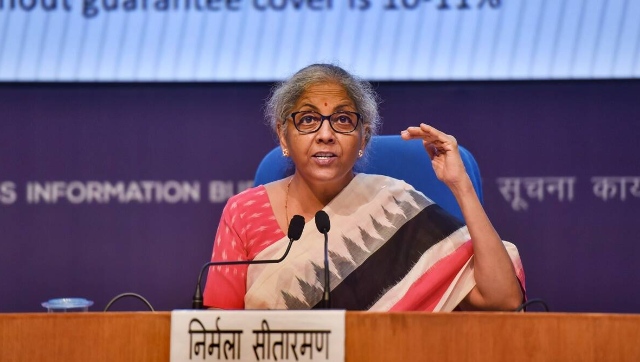)

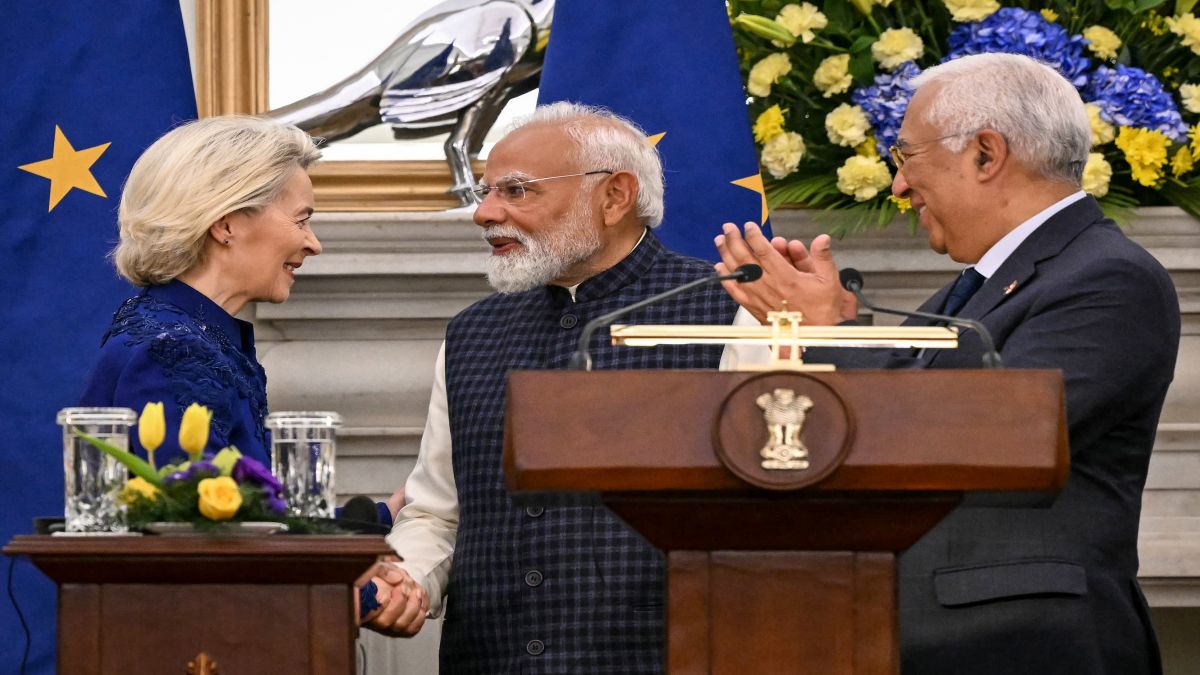)
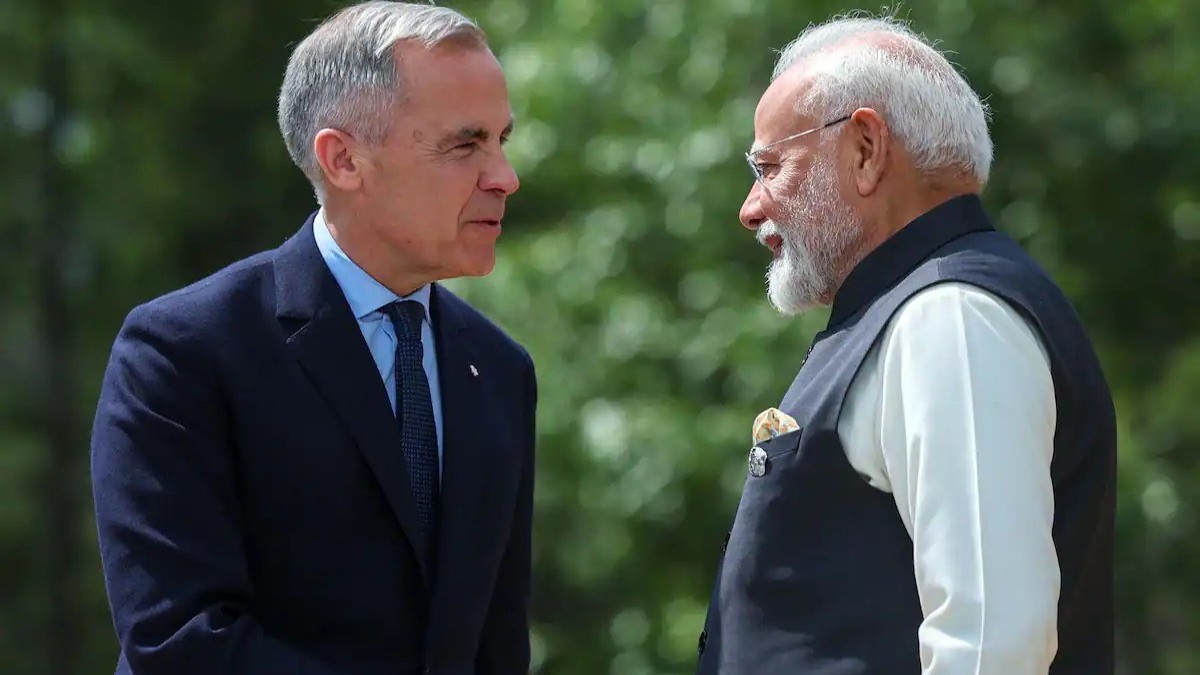)
)
)
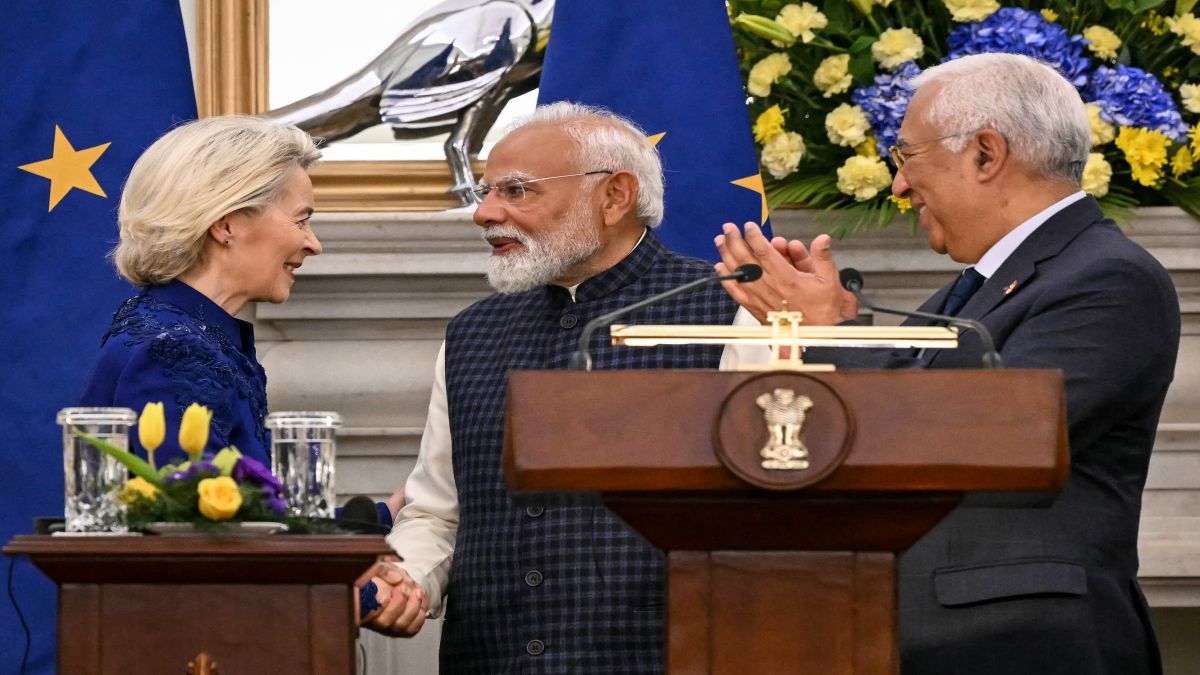)
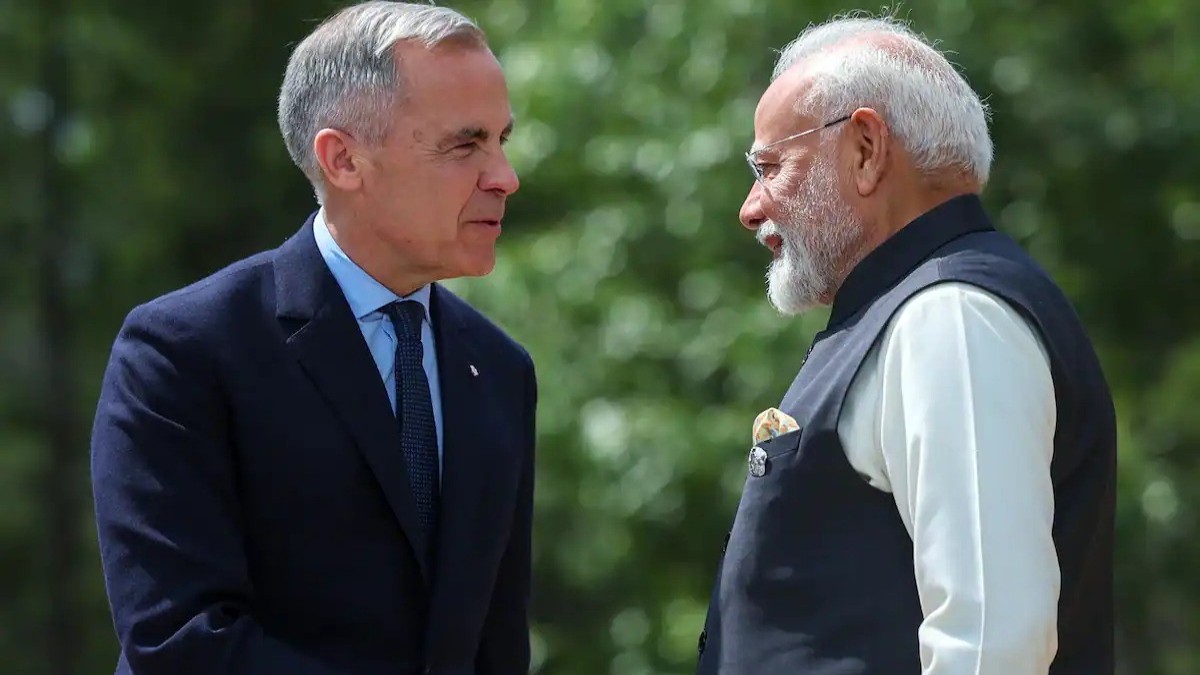)
)
)



